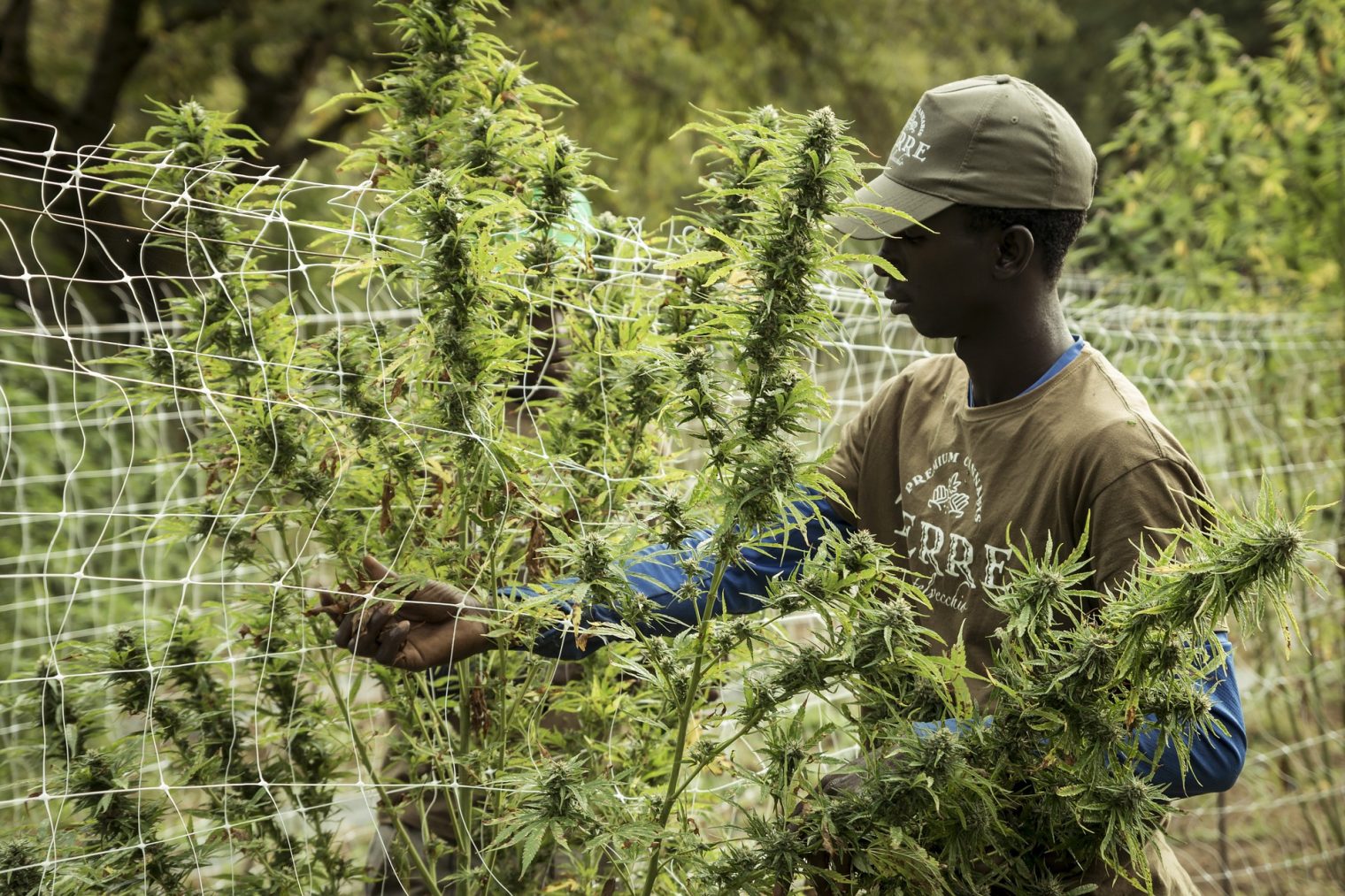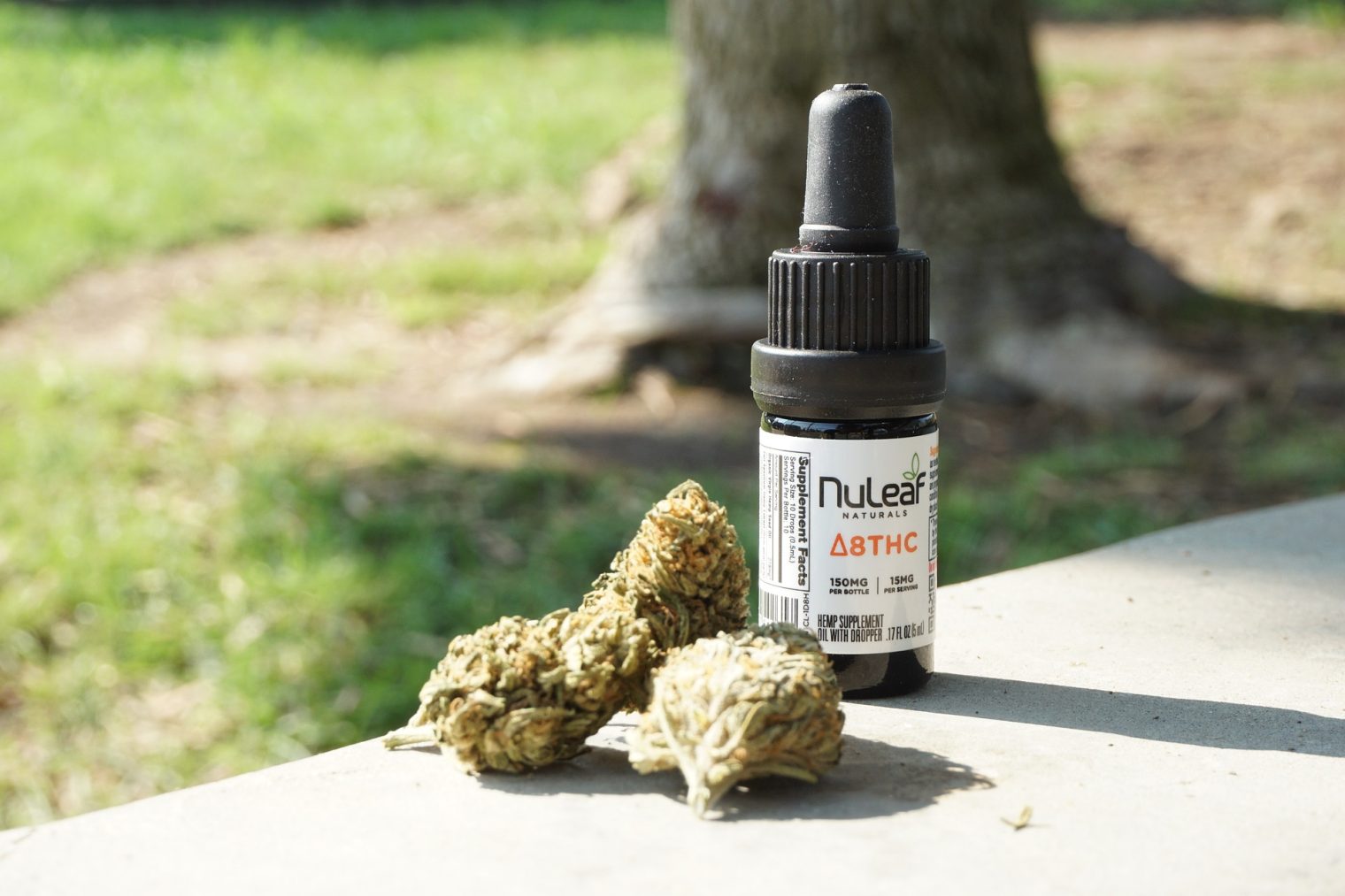 Cannabis
Cannabis
Table of Contents
Integrating Thai herbal medicine into Thai society shouldn’t be that difficult considering how long it’s been used here. In the heart of Southeast Asia, nestled among the verdant landscapes and ancient temples of Thailand, lies a rich tradition of herbal medicine that has been passed down through generations. Thai herbal medicine is a holistic approach to healing that encompasses not only the physical body but also the mind and spirit.
Rooted in ancient wisdom and guided by principles of balance and harmony, this traditional Thai medicine practice has long been revered for its ability to address a wide range of ailments and promote overall well-being. Let’s take a deeper look at Thai herbal medicine.

Historical Context of Thai Herbal Medicine
For centuries, cannabis has been cultivated and used medicinally throughout Thailand. Known locally as “ganja” or “kanja,” the plant has played a significant role in Thai culture and traditional medicine. Historical records indicate that cannabis was valued for its therapeutic properties and was used to treat various conditions, including pain, inflammation, and digestive disorders. Cannabis was also incorporated into religious rituals and ceremonies, further solidifying its place in Thai society. This is known as Thai herbal medicine.
However, in the mid-20th century, the Thai government enacted strict anti-drug laws that effectively criminalized the cultivation and use of cannabis. This led to a decline in traditional knowledge surrounding the plant and limited its availability for medicinal purposes. Despite these challenges, cannabis remained an integral part of Thai culture, and its medicinal properties continued to be recognized by traditional healers and practitioners.
Legalization and Resurgence
In recent years, attitudes towards Thai herbal medicine begun to shift both globally and within Thailand. With an increasing body of scientific research supporting its therapeutic potential, coupled with changing societal attitudes, there has been a renewed interest in the medicinal use of cannabis. In 2018, Thailand made history by becoming the first Southeast Asian country to legalize medical cannabis, signaling a significant shift in the country’s approach to the plant.
The legalization of medical cannabis has paved the way for a resurgence of interest in traditional healing practices, including the integration of cannabis into Thai herbal medicine. Traditional healers, known as “mor kap,” have begun to explore the therapeutic benefits of cannabis and its potential applications in treating a variety of health conditions. Drawing on centuries of traditional knowledge and wisdom, these healers are working to incorporate cannabis into their existing practices in innovative and meaningful ways.
Thai Herbal Medicine Integration into Healing Practices
One area where Thai herbal medicine shows particular promise is in the treatment of chronic pain. Traditional Thai massage, known as “nuad boran,” has long been used to alleviate muscle tension, improve circulation, and promote overall well-being. By incorporating cannabis-infused oils or balms into massage therapy sessions, practitioners can enhance the therapeutic effects of their treatments, providing relief for conditions such as arthritis, fibromyalgia, and neuropathy.
In addition to its analgesic properties, cannabis has also been studied for its potential to alleviate symptoms associated with a wide range of medical conditions, including epilepsy, multiple sclerosis, and cancer. Thai herbalists are exploring how different strains of cannabis and methods of administration can be tailored to address specific health concerns, taking into account factors such as the patient’s constitution, the severity of their condition, and any concurrent treatments they may be undergoing.

More info…
Furthermore, cannabis is being incorporated into traditional herbal formulations known as “jamu” or “ya pak krachet.” These herbal blends, typically made from a combination of roots, leaves, fruits, and spices, are believed to restore balance to the body and support overall health. By adding cannabis to these formulations, herbalists are expanding the therapeutic potential of these time-tested remedies, offering patients a natural alternative to pharmaceutical drugs.
Challenges and Opportunities for Thai Herbal Medicine
Despite the legalization of medical cannabis, there are still challenges to be overcome in integrating it into Thai herbal medicine. Strict regulations govern its cultivation, production, and distribution, resulting in a limited supply of high-quality cannabis products.
This has made it difficult for traditional healers to access the raw materials they need to create effective remedies. Additionally, there is a lack of standardized dosing guidelines and clinical research specific to the use of cannabis in Thai herbal medicine.
To address these challenges, there is a growing call for collaboration between traditional healers, scientists, and policymakers. By combining traditional wisdom with modern scientific understanding, stakeholders can work towards developing evidence-based guidelines for the integration of cannabis into Thai herbal medicine, ensuring that patients receive safe, effective, and culturally appropriate care.
Furthermore, continued research into the therapeutic properties of cannabis and its potential applications in traditional healing practices will be essential for maximizing its benefits and minimizing risks.
Cannabis Tourism and Cultural Exchange
Beyond its medicinal applications, the integration of cannabis into Thai herbal medicine presents an opportunity for the development of cannabis tourism and cultural exchange initiatives. Visitors from around the world can immerse themselves in Thailand’s rich herbal heritage, participating in educational tours and workshops led by traditional healers. Through these experiences, travelers can gain insight into the profound connection between cannabis and Thai culture, fostering cross-cultural understanding and appreciation.
Moreover, cannabis-themed wellness retreats and eco-tourism ventures offer a unique avenue for travelers seeking rejuvenation and relaxation in Thailand’s tranquil landscapes. By promoting sustainable practices and responsible consumption, these initiatives contribute to the preservation of Thailand’s natural and cultural heritage while promoting holistic well-being.
Through cannabis tourism, Thailand can showcase its commitment to innovation, sustainability, and cultural preservation, positioning itself as a global destination for wellness and cultural exploration.
Using Thai Herbal Medicine in 2024
The integration of cannabis into Thai herbal medicine represents a convergence of ancient wisdom and modern science. As Thailand embraces the therapeutic potential of this versatile plant, there is an opportunity to revitalize traditional healing practices, expand access to natural remedies, and improve the health and well-being of millions.
By embracing innovation while honoring tradition, Thailand has the potential to become a global leader in the field of cannabis-based healthcare, setting an example for other countries to follow.


